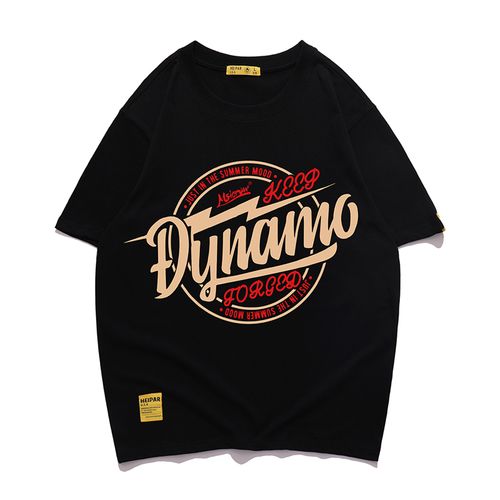Women’s high-end clothing customization is a sophisticated and complex process that requires multiple steps to achieve customer needs and expectations. The following is a typical women’s high-end clothing customization process, including the following key steps:
1. Demand communication: This is the first step in the entire customization process. . Designers will communicate in detail with customers to understand their requirements, preferences and target wearing occasions for clothing. At this stage, the designer will ask the customer about their style preferences, color preferences, fabric choices, etc., and provide suggestions based on the customer’s body shape and body characteristics.
2. Line drawing design: After basically understanding the customer’s needs, the designer will start to draw the line drawing design of the clothing according to the customer’s requirements. In this step, the designer will transform the customer’s ideas and design concepts into a preliminary design on paper, including the outline, cut and details of the garment.
3. Fabric selection: Once the line drawing design is approved by the customer, the designer will provide the customer with a variety of fabric choices. Customers can choose suitable fabrics according to their preferences and budget. The designer will also suggest which fabric is best suited to realize the customer’s design ideas and explain the fabric’s characteristics and how to use it.
4. Fitting and modification: After the fabric selection is confirmed, the designer will start to make fitting samples. Customers are required to do several fittings to ensure that the cut and size of the garment is exactly what they want. During this process, the designer may need to make some adjustments and modifications to the garment to ensure that the final customized garment can perfectly fit the client’s body curves.
5. Cutting and sewing: Once the cut and size of the garment are finalized, the designer will begin the actual cutting and sewing work. This process is usually done by experienced seamstresses, who create garments based on line drawings provided by the designer and the customer’s measurements. At this stage, fine handcraftsmanship and high-quality sewing machines are widely used to ensure that the garments are of excellent quality.
6. Customized accessories and details: In addition to the main clothing parts, high-end clothing customization also includes customization of accessories and details. These accessories can be buttons, zippers, lace, embroidery, etc. They can add a unique touch of style and luxury to an outfit. The designer and client will select and decide on the accessories and details of the garment together.
7. Final fitting and modification: When the garment is completed, the customer will undergo a final fitting. The purpose of this stage is to ensure that the garment is perfectly cut and sized and meets the customer’s needs. If the customer is still not satisfied with the garment in any way, the designer will make final modifications to meet the customer’s expectations.
8. Delivery: When the customized garment has passed the final fitting and modification, the designer will deliver the garment to the customer. At this stage, the designer will also typically provide advice on how to properly wear and care for the garment to ensure that the quality and appearance of the garment remain long-lasting.
The customization process of women’s high-end clothing is complex and time-consuming. Effective communication between designers and customers during the entire process is very important. Only through in-depth demand research and careful craftsmanship can we ensure that the final customized clothing perfectly meets customer expectations and requirements.






